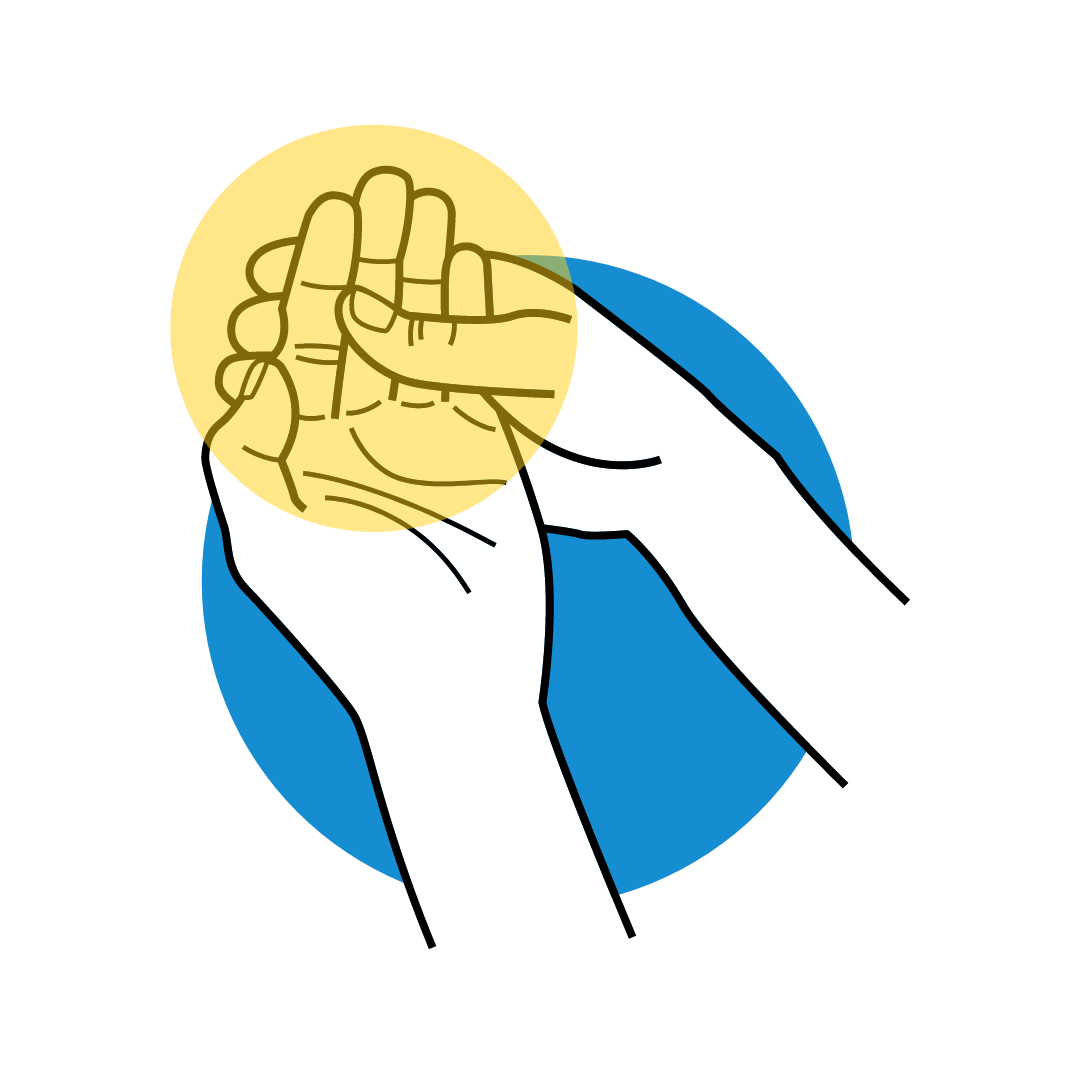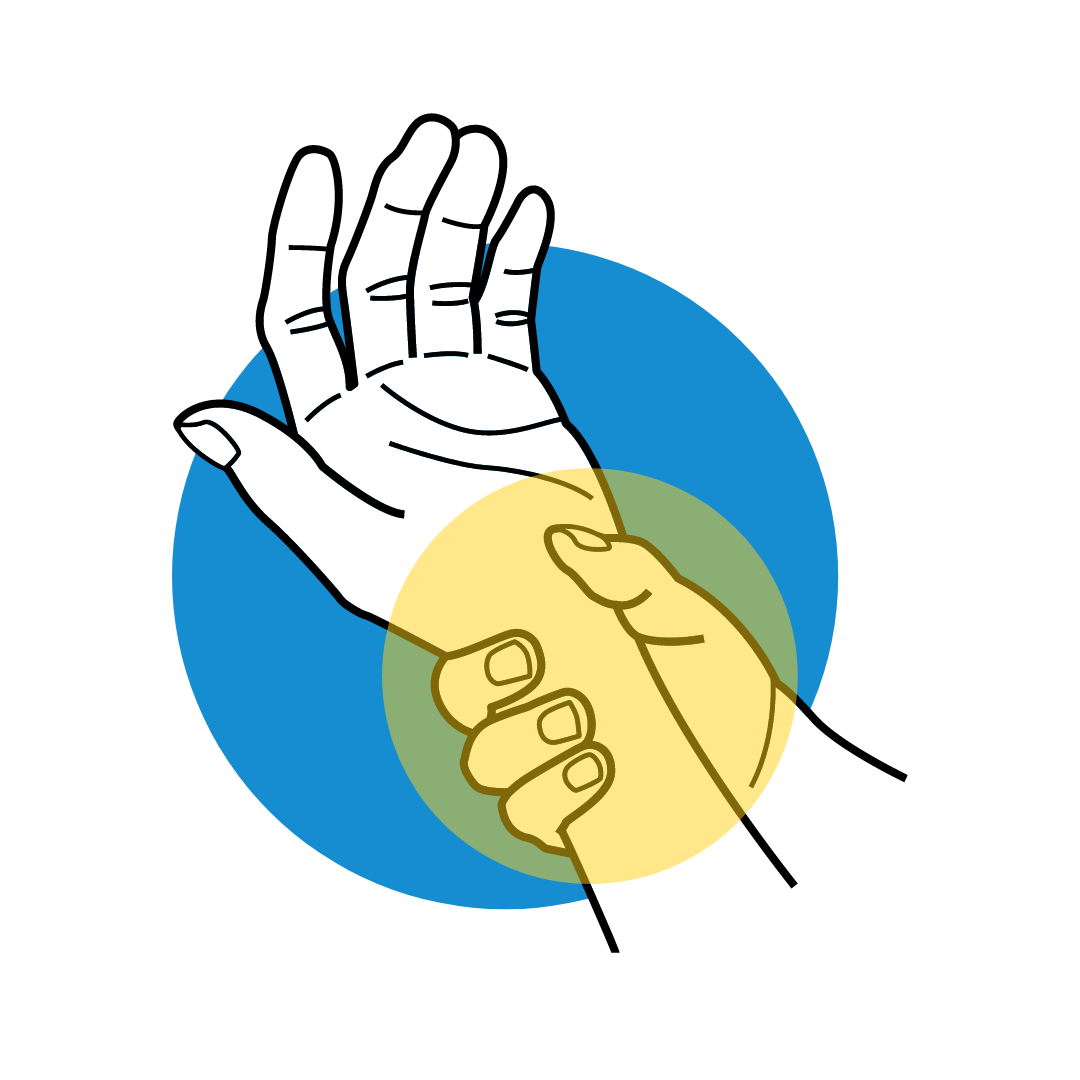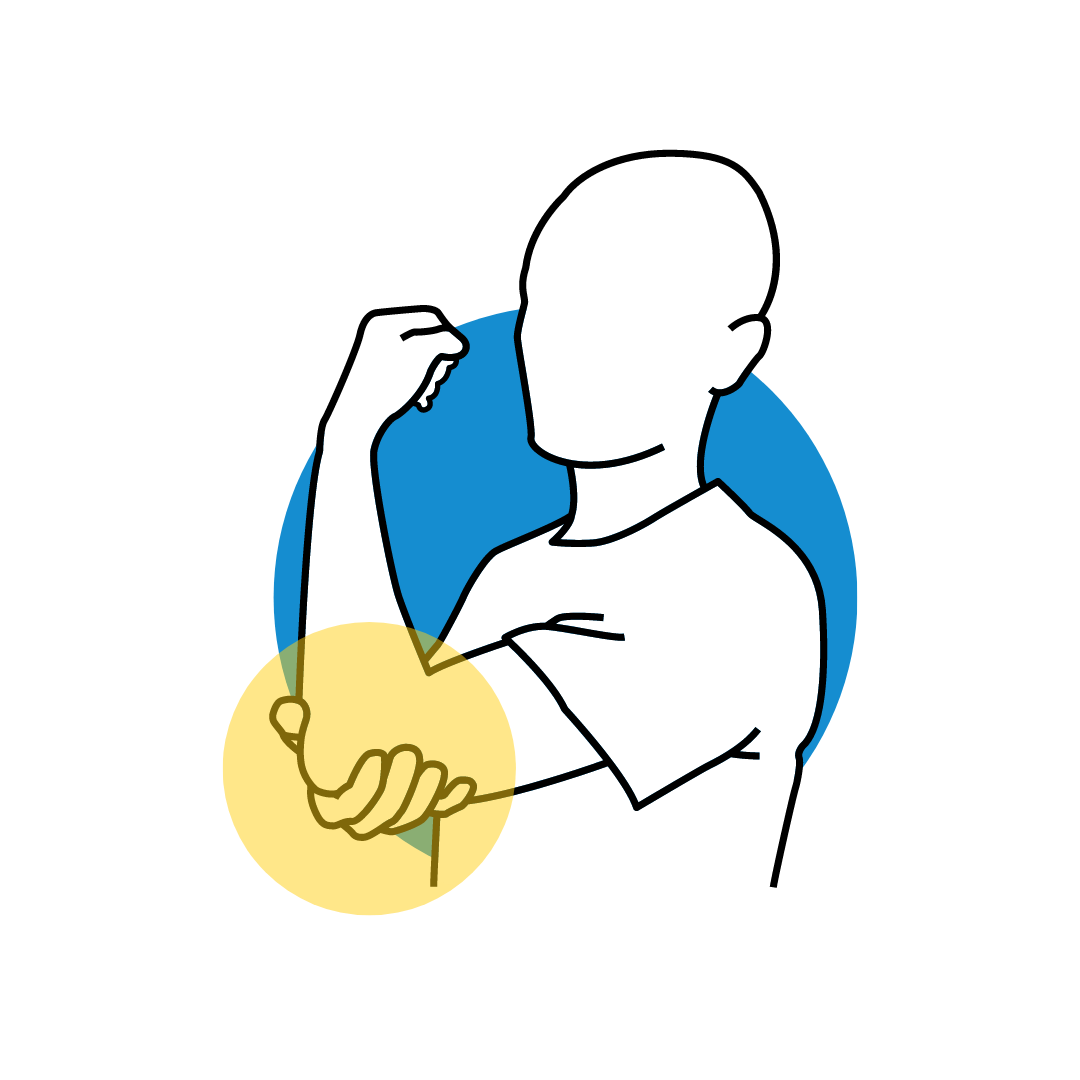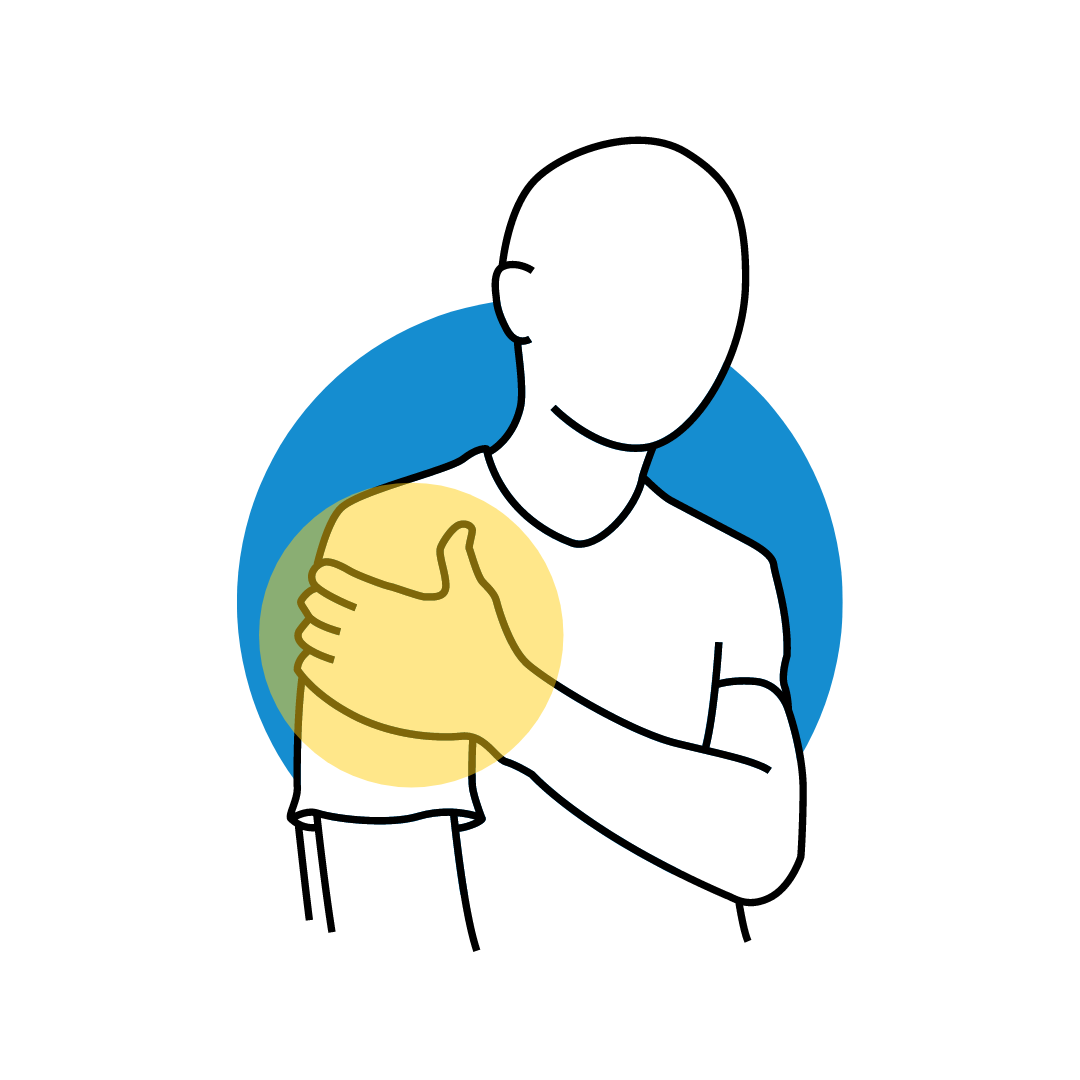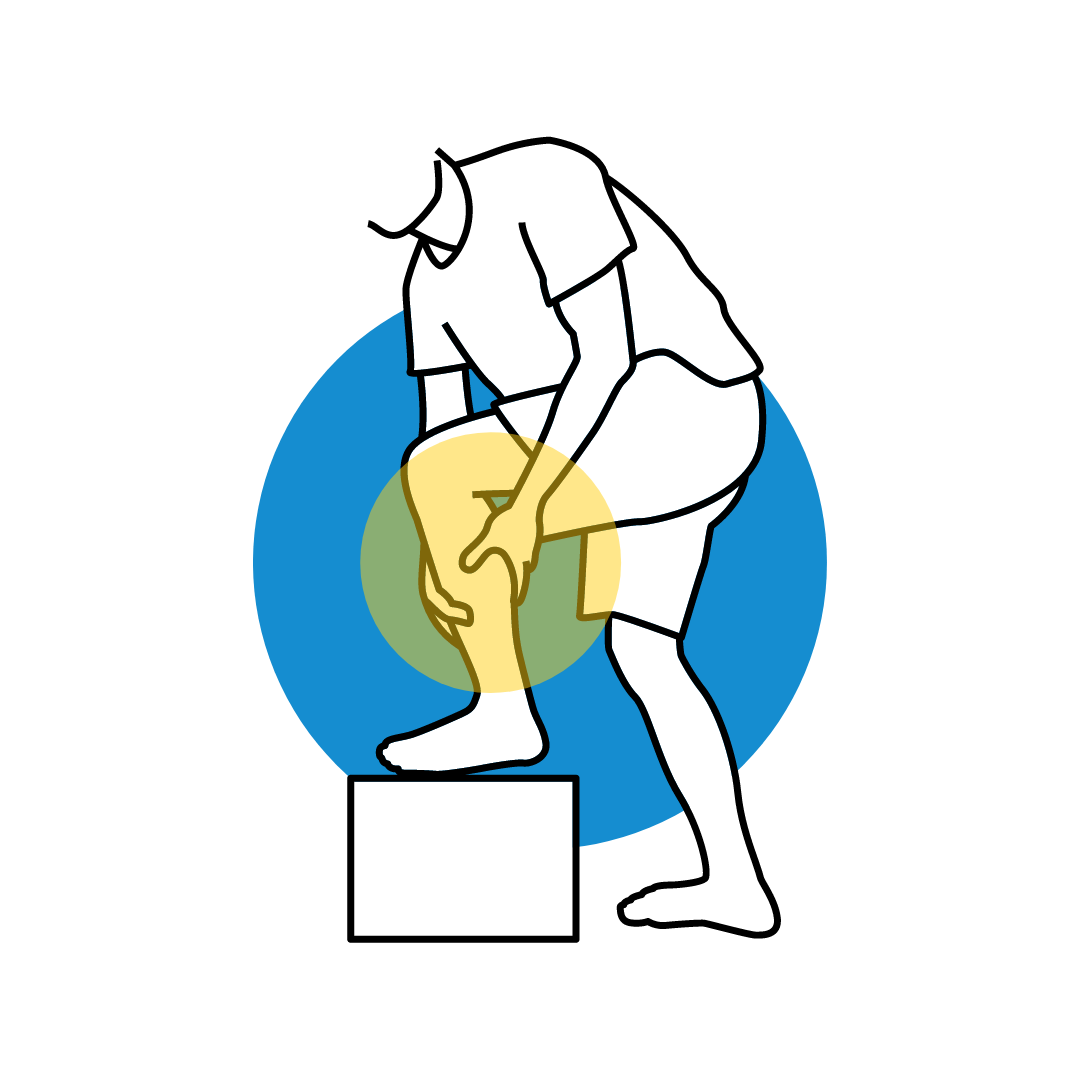The shoulder is a complex joint that’s made up of three different bones – the clavicle (collarbone), the proximal humerus (top of the arm bone), and the scapula (shoulder blade). When a traumatic injury involving the shoulder occurs, any of these bones is susceptible to breaking, leading to severe pain and impaired movement.
At Mirza Orthopedics, the premier orthopedic hand, wrist, elbow & shoulder center on Long Island, we provide compassionate care and expertise in dealing with all types of shoulder fractures. Whether your break can be treated with nonsurgical options or is more complex and requires surgery, Dr. Justin Mirza will tailor a shoulder fracture treatment plan for your needs. We aim to get you back to your active life with the best results and minimal downtime.
What causes shoulder fractures?
There are a number of common causes and types of shoulder fractures, which vary depending on the particular bone affected.
Clavicle Fractures
Your clavicle, or collarbone, is the most fragile of the shoulder bones and the most likely to sustain a fracture. Children and teenagers are particularly susceptible to clavicle fractures because the bone doesn’t completely harden until the early twenties. A clavicle fracture commonly results from falling on an outstretched arm or suffering a direct blow to the arm.
Proximal Humeral Fractures
A proximal humeral fracture, meaning a shoulder fracture occurring in the ball or the neck of the humerus, can also occur after a fall onto an outstretched arm. This type of shoulder fracture is most common in the elderly, especially those with osteoporosis.
Scapula Fractures
A scapula fracture, or shoulder fracture involving the shoulder blade, is a rare injury. Given the mobility of the bone and the amount of muscle that surrounds and protects it, this type of shoulder fracture is usually only seen in cases where a massive amount of direct force is exerted, such as a car crash or fall from a significant height.
What are the symptoms of a shoulder fracture?
If you have suffered a shoulder fracture, you will likely experience:
- Shoulder pain
- Swelling and bruising
- Limited range of motion or inability to move the shoulder
- A grinding sensation with any movement of the shoulder
- Shoulder deformity or bump under the skin
If you’re experiencing any of these symptoms, schedule an appointment with one of our orthopedic shoulder doctors for shoulder fracture treatment and surgery.
What does shoulder fracture treatment entail?
Most types of shoulder fractures can be effectively treated without surgery, so long as it is not a compound fracture or fracture where the bone fragments have shifted out of position.
Conservative shoulder fracture treatments commonly include:
- Immobilizing the shoulder with a sling
- Icing
- Taking anti-inflammatory medications
In cases where the condition is more severe, shoulder fracture surgery may be necessary. Surgery to repair a shoulder fracture involves fixating the fracture fragments using plates, screws, pins or rods, depending on the type of fracture. In very complex and serious cases, shoulder replacement surgery may be necessary.
If you’ve suffered a shoulder fracture, you’ll be in good hands at Mirza Orthopedics. We specialize in helping patients with broken shoulder bones, providing compassionate care and expertise. If you believe you may have experienced a shoulder fracture, contact our office as soon as possible to schedule an appointment for shoulder fracture treatment or surgery.

